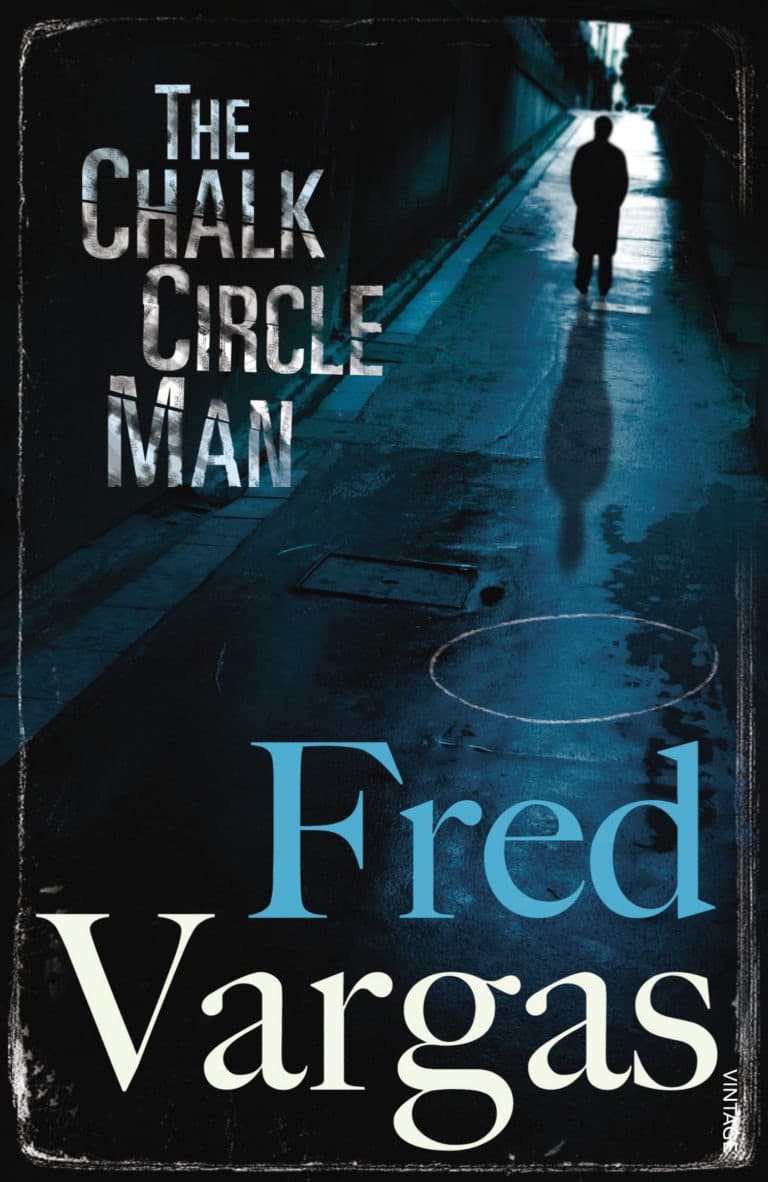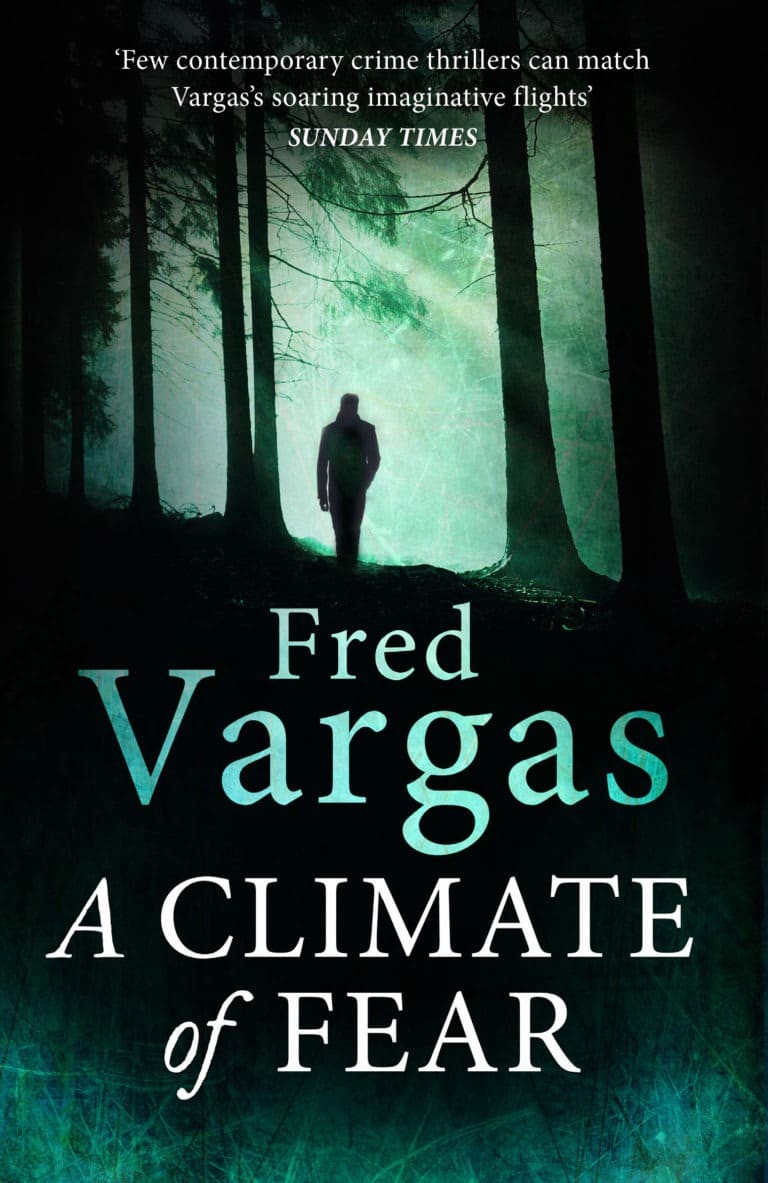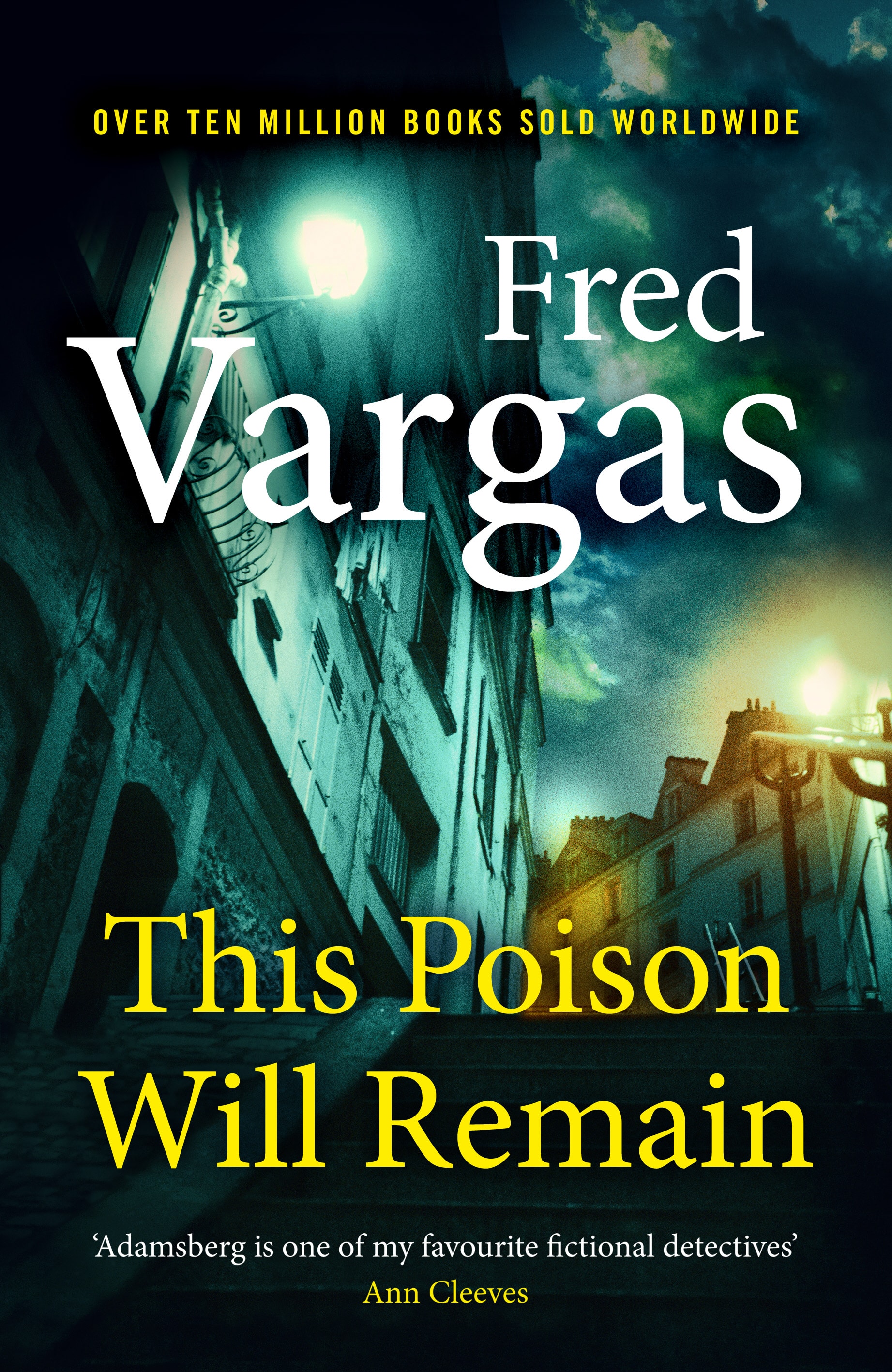Books
Peter Robinson on Fred Vargas
When I first came across the novels of Fred Vargas, she was being nominated for the CWA’s International Dagger Award year after year, and I was naturally curious about such enormous success. I had cut my crime-reading teeth on Maigret – the solid, pipe-smoking, Paris-based commissaire from Saint Fiacre – and now here was a new Paris-based commissaire on the block, this one from the foothills of the Pyrenees and bearing what seemed to me the very un-French name of Adamsberg. Of course, I had to explore the books, and what a strange, delightful, unpredictable world that exploration opened up for me. I say ‘delightful,’ but that delight is always tempered by crime. There may be spiders, but they are poisonous. There may be wolves, but they have sharp teeth. There may be someone placing objects in a chalk circle, but eventually that object placed there is a body. The first book I read in the series was Seeking Whom He May Devour, which featured Alpine villagers believing a werewolf was responsible for a local murder. Definitely not the kind of case you would find Commissaire Maigret investigating!
Adamsberg is a complex character, first described as a ‘wild child,’ which only touches in part on his eccentric, wayward ways. Later we get epithets such as ‘half-weird, half enchanting’ and we hear of his ‘nonchalant luminosity.’ He is attractive to women, but seems unsure in relationships. He is a brilliant detective, but he sometimes appears quite indifferent to the demands and responsibilities of his job. Even his own team – a motley crew if ever there was one – don’t know quite know how to take him, and his fractious relationship with the perpetually-drunk Danglard is a pleasure to follow. Ultimately, Adamsberg is a man who follows his own thoughts wherever they take him, whether the results seem too fantastic to be true or not. As a result, he is constantly going off at tangents, a thought-process mirrored by his restless wanderings in the streets of Paris.
As befits the man himself, the plots Adamsberg has to unravel are often eccentric and wayward, too. They involve not only the possibility of werewolves, plagues, murdered stags, Icelandic demons, and ghostly horsemen, but real people living real lives, often dealing with loneliness, grief and hardship. The ordinary is often buried deeply in the arcane and the fantastical. The stories sometimes seem whimsical and surreal, but there is always a dangerous edge. The writing style, while deceptively straightforward, is laced with sharp wit, humour and compelling dialogue. There is always a strong undercurrent of philosophy; Adamsberg is nothing if not a deep thinker. While we know we are in modern France, sometimes it feels as if we are not in the modern world at all any more. In other words, there isn’t anyone writing quite like Fred Vargas in the genre of crime fiction today. Perhaps there never was. She is a true original.
I must confess that I haven’t read all the books in the series yet. They are certainly not for binging on, but for enjoying slowly like a fine wine or a rich meal, to be savoured neither too quickly nor in too great a quantity. Besides, while I certainly hope the author will keep them coming, I wouldn’t like the idea of there being none left. I need to know that I will always have one or two in reserve for those times when reading about Adamsberg becomes essential for my sanity!
Peter Robinson








Please note: Moderation is enabled and may delay your comment being posted. There is no need to resubmit your comment. By posting a comment you are agreeing to the website Terms of Use.